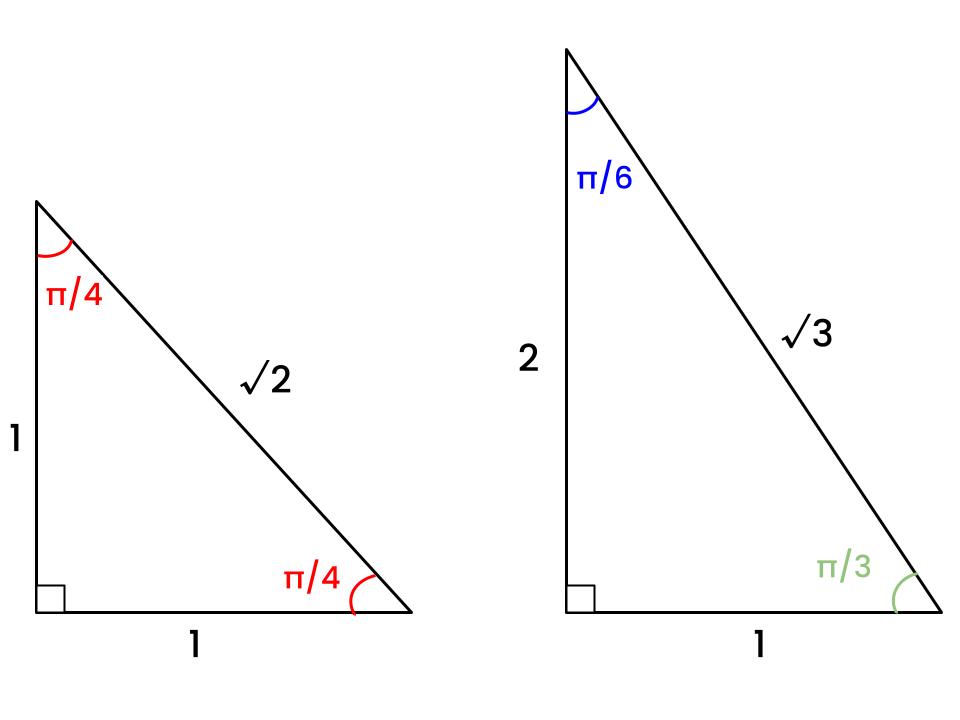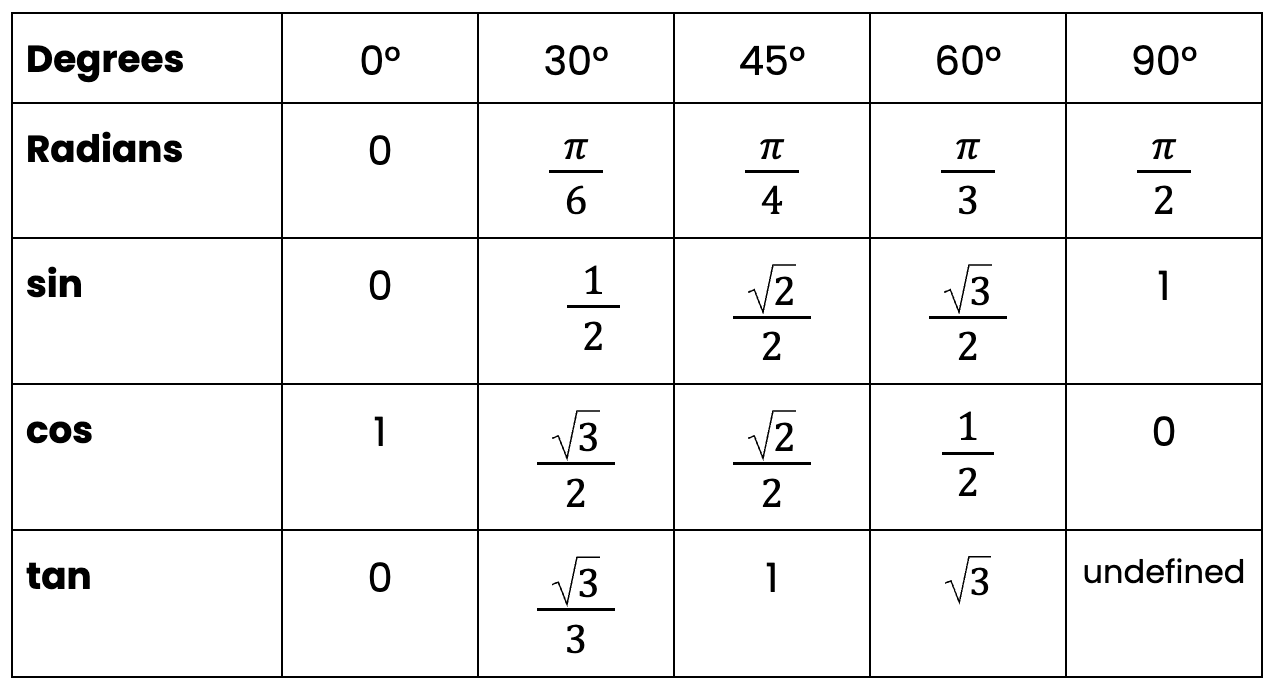Maths.
Concepts and Content
Math is heavily practice based. Do as many questions as you can. But to get started, you need to know the content. Revision Village is by far the best IB Math resource out there. Especially for content. They break down all the content you need in their key concepts sections. These videos are available for free on their youtube channel as well.
If you are struggling with concepts, though, I recommend the Haese textbooks. There are free pdf versions available to download online (I do not promote piracy, but you gotta do what you gotta do).
My Method
For all the papers, I recommend doing as many past papers as you can. But not immediately. Here is the sequence:
Watch RV key concept videos
Attempt topic quizzes for each topic
Do past papers (not by topic, by paper). You can find them on ibdocs or exammate
Correct responses with past paper video solutions on RV (amazing)
Revisit topics you struggle with using revision village (try solving the hard questions for any topic that you find hard and watch the video solutions to those questions to clear out doubts in concepts
Trust me, this method is tried and true. It worked for me, and will absolutely work for you. Just put in the work. You can skip step 2 if you are short on time, but steps 1 and 3 are absolutely essential. You get the hang of the format of the paper as well.
Math is more of a practice subject, so the more you do, the more you will get. That is why past paper practice is absolutely crucial. If you can, do all past papers (TZ1 and TZ2 May session, Nov session, 2021-2024).
Paper 1
This paper does not permit the use of calculator and thus there are certain nuances that you need to keep in mind. For example, you will very likely be questioned on trig and the unit circle, so be sure to know the sin, cos, and tan values of common angles.

Magic trig triangles (made by me)
or if you prefer a table format...

Common angle values (made by me)
Also practice finding angles within a given domain. Use this video. I also highly advise checking out this page for a few concepts that you should memorize for paper 1 or just download the pdf below.
Paper 1 must know (evgenii)
Access PDFPaper 2
You seriously need to know how to use your calculator for paper 2. There are different calculators that the IB permits, so be sure to learn the nuances and features of your own calculator. The most common ones I have seen are the TI-Nspire and the Casio FXCG-50 (I used this one personally).
Statistics is also a big topic, usually included in Paper 2. Make sure you know how to use the inverse normal distribution and z-score values as well. This is a commonly overlooked but important topic.
Paper 3
The hardest paper imo. I hate paper 3 to this day. You either understand the questions or don’t there’s no in between. But, here’s some advice.
Since there are only 2 questions and the first few subparts for each are relatively easy, if you get stuck on a subpart in the first question and really can’t figure it out, move on to the second question and get the easy marks first, then come back.
Also, focus on method marks. Method marks make up the bulk of your marks, so ensure you don’t miss out on them just because you cannot arrive at a final answer. Solve each question as much as you can and leave it when you don’t know how to proceed any further. These marks could make the difference between a 5 and 6 or even 4 and 6, since there are so many to get, especially in the harder and longer subparts.
There are a few topics that you could focus on for paper 3, as the IB loves asking questions on these. These include:
1) Calculus
Derivation and application of Maclaurin series
Approximations using Maclaurin series
Radius and interval of convergence
2) Functions and Equations
Analysis of various types of functions (polynomial, rational, exponential, logarithmic, and trigonometric)
Transformations of functions (translations, stretches, and reflections)
Inverse functions and their properties
3) Series and Sequences
Arithmetic and geometric sequences and series
Convergence and divergence of series
Tests for convergence (e.g., ratio test, comparison test)
Applications of series in mathematical and real-world contexts
Using your calculator
It is absolutely crucial that you know how to use your calculator in and out. You need to known all the features that you may need to use in your exam, including the solver, the simultaneous equation solver, the financial tab, the graphing tab, how to integrate a function, etc. There are so many things that you can do that just make life easier in the exam if you know how to use the calculator.
If you use the Casio FXCG-50, this playlist is for you. For specific doubts, just search them up on youtube and you should get a video explaining it in detail.